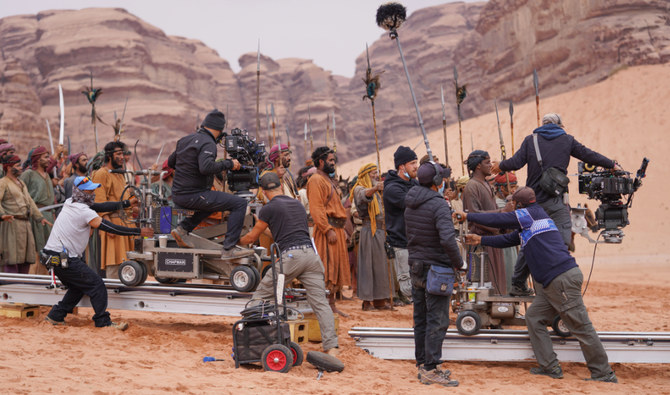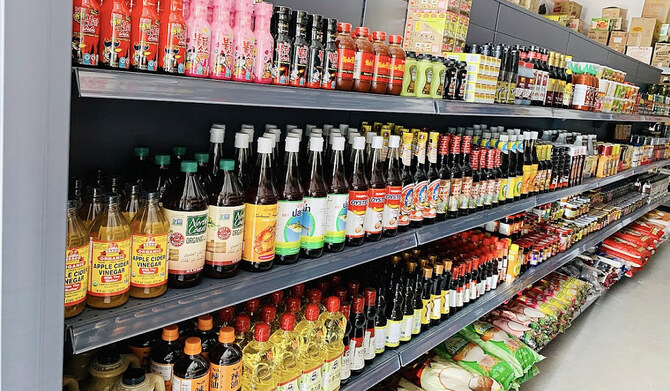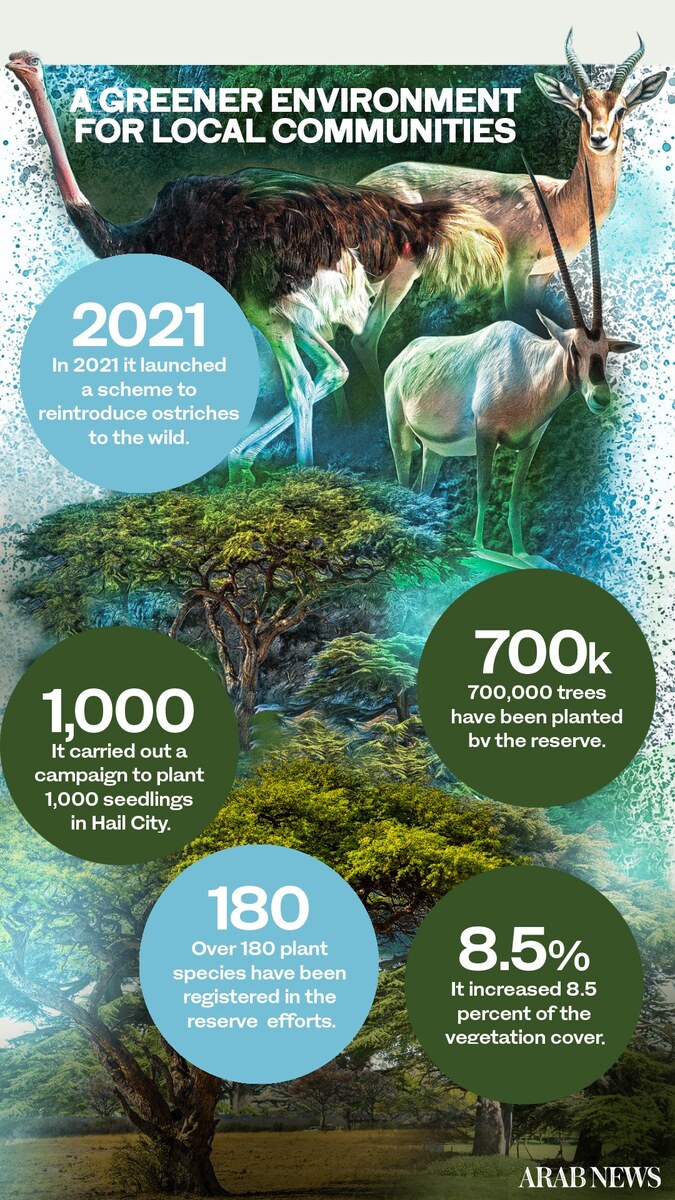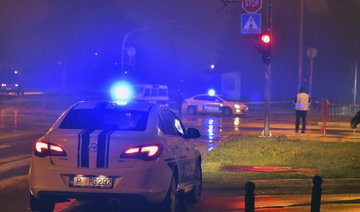CANNES: The NEOM media hub is set to become a hotbed for the Kingdom’s creative talent as well as a major contributor to the nation’s economy, according to one its senior executives.
“For all of the great infrastructure we will have and for all of the great companies we will attract, fundamentally the success of this proposition will rest on our ability to develop that talent pool,” Wayne Borg, managing director for media and entertainment at NEOM, told Arab News.
Although still in its early days, the media hub is a key element of the NEOM smart city, and one of its missions is to compete with the world’s elite creative centers by driving local workforce development.

Twelve young Saudi trainees contributed to the ‘Desert Warrior’ film production in different departments. (Photo by Neom)
“Initially we will bring talent in, we want knowledge transfer, we want the young people to learn from the best at a global standard. We need to develop that talent pool here,” Borg said.
The hub aims to educate and empower young people across the Kingdom by giving them hands-on experience with world-renowned filmmakers and producers.
FASTFACTS
• Although still in its early days, the media hub is a key element of the NEOM smart city, and one of its missions is to compete with the world’s elite creative centers by driving local workforce development.
• The hub aims to educate and empower young people across the Kingdom by giving them hands-on experience with world-renowned filmmakers and producers.
“We should be there to provide every opportunity for young Saudis who want to pursue their careers who may not have had the opportunity in the past or would have had to go overseas. Now they can stay here and do it in the Kingdom and work with the world’s best,” Borg said.
“For a long time young people were nervous to pursue their passion in the industry here because there wasn’t an industry here so they couldn’t see career pathways and secure employment.
“We are changing that and we are showing that through this pipeline of productions you can develop your career, you can work in a global industry, you can work with the best people and learn and pursue your passion and have a successful career.”
In accordance with Saudi Vision 2030, the media hub will serve as a focal point for the film production, gaming and digital publishing sectors.
Since Crown Prince Mohammed bin Salman announced the plans for The Line development in NEOM there has been a lot of buzz around the smart city.
The media hub aims to contribute to the Saudi film industry through international collaborations and the promotion of local productions. It also seeks to create initiatives in industry learning and opportunities for Saudis through various partnerships.
One of those is with the National Film and Television school in the UK. NEOM also offers entry-level certificate courses in multiple disciplines for those who want to try their hand at different formats.
“Once they have received the certificates we are attaching those students to the productions so that they start to gain credible experience with world-renowned production crews and hopefully they can start to build up their portfolio and their CV,” Borg said.
He said the hub also offered a two-year master’s program for those who wanted to pursue specialist areas in film.
It has also established the NEOM Digital Academy which supports students who are interested in content creation using smartphones and other small devices. It has already made programs with the Saudi Broadcast Authority and Rotana.
“This stuff is priceless in terms of its value to young people,” Borg said. “We are currently working to develop programs in secured areas of on-screen production and gaming.”
One of the highlights of the media hub is its work in nurturing talent in the gaming industry.
“Gaming is obviously a huge focus right now in the Kingdom … (and) a huge focus for us,” Borg said.
“We have to be driven by what the industry needs first and foremost. There is no point in us driving it. We will facilitate it, we will develop the programs and we want to work across the Kingdom with all of the stakeholders to help develop that talent pool because that’s important for us.”
As a result of its investment in new talent, the media hub is contributing to job creation and the Kingdom’s economic growth.
“The media industry all around the world now is a real driver for economic growth and has an incredible impact not just from an entertainment perspective or from an information perspective. It’s about that direct impact,” Borg said.
He added that in some countries the media sector accounted for as much as 4 percent of GDP.
“It’s a priority sector now and it’s a sector that progressive economies pursue,” he said.
The $153 million movie “Desert Warrior” is one of 20 productions hosted at NEOM.
“In practical terms ‘Desert Warrior’ generated over 80,000 hotel nights,” Borg told Arab News.
“When you think about a $150 million production, if you strip out the post piece you will come to $100 million being injected in six months into the local economy.
“From caterers, drivers, electricians, carpenters, hotel rooms, cleaners, how it radiates out and amplifies. We have horse trainers, people looking out for animals. It has such a direct impact on the economy,” he said.
The film had four months of pre-production and a five-month shoot with over 450 people on set daily.
“We were able to bring a lot of young Saudis on to the project as extras … which was fantastic,” Borg said.
Through the media hub, the film also enlisted 12 Saudi trainees, who worked in different jobs such as camera assistants and in general production.
“For a lot of them this was their first time on a feature film set anywhere in the world,” Borg said. “And to be able to do that in their home country in NEOM is a fantastic achievement and the start of an emerging development program.”







































